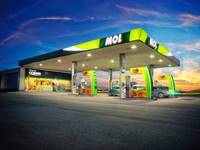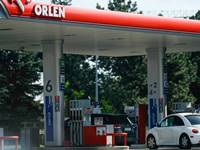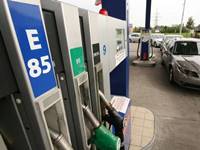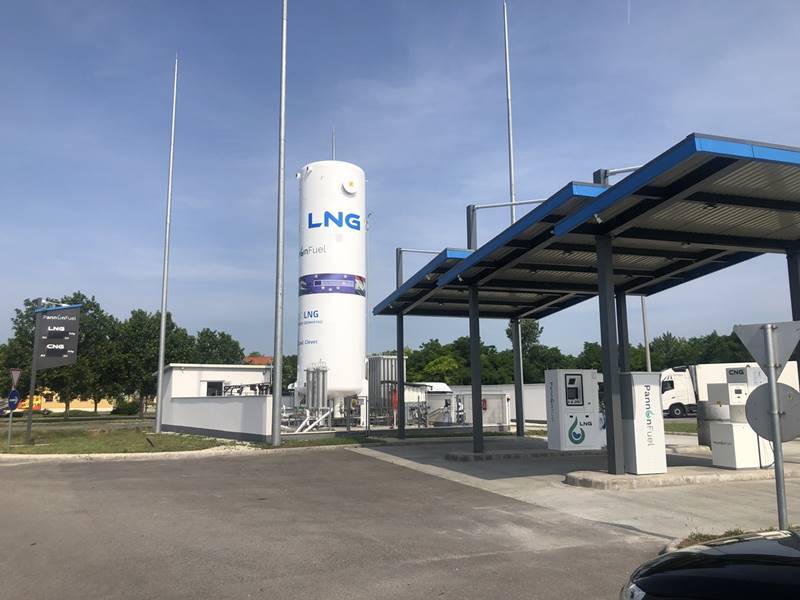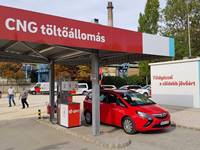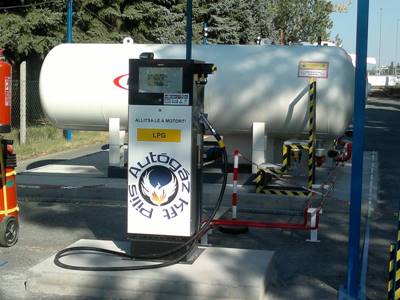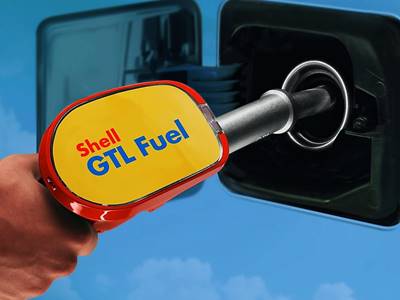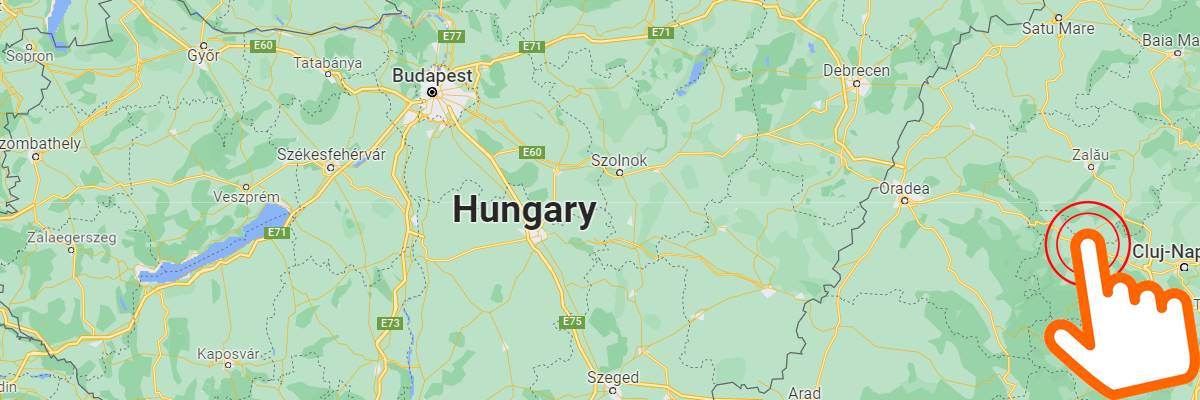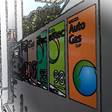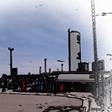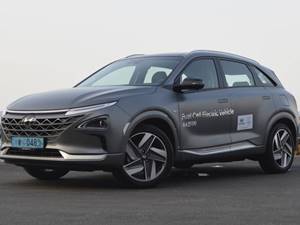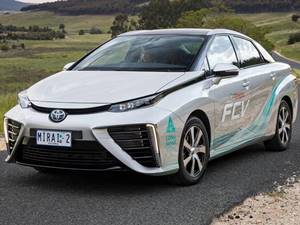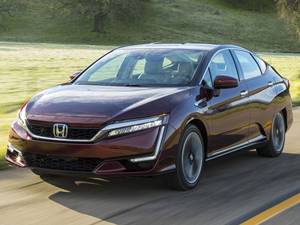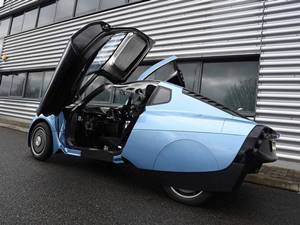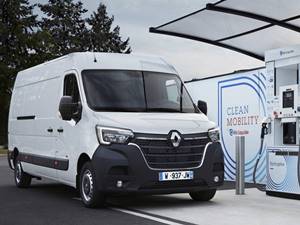Service Stations in Hungary with
Hydrogen Stations in Hungary in
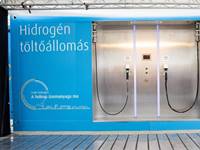
According to its national action plan, Hungary intends to integrate hydrogen into its mobility, industry, construction, gas and electricity systems. The PNCE states that "hydrogen can play an important role in integrating renewable electricity generation, strengthening the security of national supply and achieving Hungary's decarbonisation targets. New regulatory measures in the gas, storage and energy sectors transport that address the entire hydrogen value chain are contemplated by this National Plan Among the different applications, Hungary considers the possibility of using hydrogen to decarbonize its gas supply, produce electricity (in the long term), replace fossil fuels in the transport sector and partially replace fossil hydrogen with renewable hydrogen Hydrogen will support the integration of larger volumes of renewable electricity into the electricity system, improve system flexibility and increase security of supply
The plan includes a concrete target for 2030 of an electricity-based renewable hydrogen consumption of 51ktoe in the heating and cooling sector. Hungary also plans to use renewable hydrogen as an alternative fuel for transport, including in its Business As Usual scenario (considered as a "with existing measures" scenario). With the additional measures in the plan, renewable hydrogen could cover around 1% of the total energy needs for transport in 2030.
Hungary has a positive environment to address the deployment of renewable hydrogen in all its possible applications, given the announced pilot projects and its commitment to address regulatory barriers, its participation in the Green Hydrogen Blue Danube, Black Horse, Silver Frog and H2Go4 IPCE, the entry of Hungarian oil and gas supplier and Hungarian gas company MOL, which is entering the hydrogen business, and the Hungarian TSO, which is willing to establish a framework for introducing hydrogen into the gas. Hungary also participated in the HyLaw project, which identified and assessed the main regulatory obstacles, in order to prioritize measures to solve them.
Hungary considers that hydrogen fuel cell cars would be available and deployed from 2025, while fuel cell buses and heavy-duty vehicles could be used already. Even in its business as usual scenario, Hungary expects renewable hydrogen to play a role in the renewable energy target for transport. With the additional measures in the plan, Hungary could cover around 1% of its transport needs with hydrogen in 2030, and around 5% in 2040 (for a total of around 30% renewable energy for transport).
In Hungary there are currently1
gas stations with hydrogen for sale
Map of Hydrogen Service Stations in Hungary
List of hydrogen refueling stations in Hungary
| DEALER / ELOZSTÓ | CITY /VÁROS | DISTRICT / KERÜLET |
|---|---|---|
| LINDE | Budapest | Budapesti |
| Debrecen | Debreceni | |
| Szeged | Szegedi | |
| Miskolc | Miskolci | |
| Pécs | Pécsi | |
| Győr | Győri | |
| Nyíregyháza | Nyíregyházai | |
| Kecskemét | Kecskeméti | |
| Székesfehérvár | Székesfehérvári | |
| Szombathely | Szombathelyi | |
| Szolnok | Szolnoki | |
| Tatabánya | Tatabányai | |
| Kaposvár | Kaposvári | |
| Érd | Érdi | |
| Veszprém | Veszprémi | |
| Békéscsaba | Békéscsabai | |
| Zalaegerszeg | Zalaegerszegi | |
| Sopron | Sopron-Fertődi | |
| Eger | Egri | |
| Nagykanizsa | Nagykanizsai | |
| Dunaújváros | Dunaújvárosi | |
| Hódmezővásárhely | Hódmezővásárhelyi | |
| Dunakeszi | Dunakeszi | |
| Cegléd | Ceglédi | |
| Baja | Bajai | |
| Salgótarján | Salgótarjáni | |
| Szigetszentmiklós | Ráckevei | |
| Vác | Váci | |
| Gödöllő | Gödöllői |

